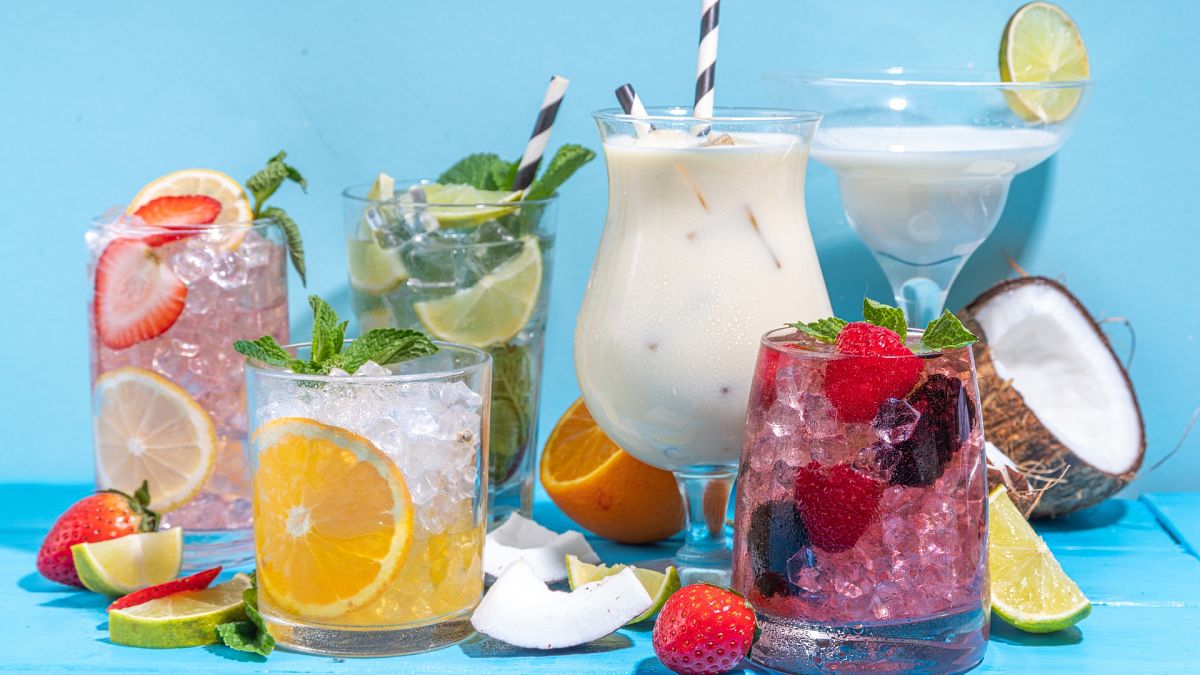ABBA, The Cure and Radiohead sign AI protest letter

Among the 13,500 signatories protesting the use of creatives’ work to train aritificial intelligence tools are composer Max Richter, writer Kazuo Ishiguro, as well as actors Julianne Moore and Kevin Bacon.
Thousands of artists, including musicians from ABBA, The Cure and Radiohead, have signed a protest letter against using creatives’ work to train aritificial intelligence tools.
Musicians, actors and authors signed the letter warning against the mining of their artistry, in what is the latest outcry about AI tools that can spit out synthetic images, music and writings after being trained on huge troves of human-made works.
“The unlicensed use of creative works for training generative AI is a major, unjust threat to the livelihoods of the people behind those works, and must not be permitted,” says the statement.
Among the 13,500 signatories are Björn Ulvaeus of ABBA, The Cure‘s Robert Smith, Thom Yorke and his Radiohead bandmates, and composers John Rutter and Max Richter.
Other industry figures who signed the statement are writers including Nobel-winning novelist Kazuo Ishiguro, Emma Donoghue, Ian Rankin, James Patterson, Ted Chiang and Joanne Harris, as well as actors Julianne Moore, Kevin Bacon, Rosario Dawson and Kate McKinnon.
Following the release of the statement, Gee Davy, the interim CEO for the Association of Independent Music has said: “On behalf of the UK’s independent music community – businesses who are proud to work in partnership with artists – we support this statement from Fairly Trained.”
“To achieve the benefits of AI for creativity, we urge policymakers not to lose sight of the need for strong copyright protections,” he added. “This is vital to ensure a healthy future for those who create, invest in and release music across genres and all communities, regions and nations of the UK.”
This recent statement follows ongoing legal issues between the creative world and tech firms over the use of their work to train artificial intelligence models such as ChatGPT. Several artists have already spoken out about the use of AI in their fields, including Nick Cave, who has previously called ChatGPT songwriting “a grotesque mockery of what it is to be human” and labelled the impact of AI in music as “unbelievably disturbing.”
Earlier this year, more than 200 artists – including Stevie Wonder, Billie Eilish, Nicki Minaj, R.E.M., and the estates of Bob Marley and Frank Sinatra – featured on an open letter submitted by the Artist Rights Alliance non-profit, calling on artificial intelligence tech companies, developers, platforms, digital music services and platforms to stop using AI “to infringe upon and devalue the rights of human artists.”
The letter stated: “Make no mistake: we believe that, when used responsibly, AI has enormous potential to advance human creativity and in a manner that enables the development and growth of new and exciting experiences for music fans everywhere. Unfortunately, some platforms and developers are employing AI to sabotage creativity and undermine artists, songwriters, musicians and rightsholders.”
“When used irresponsibly, AI poses enormous threats to our ability to protect our privacy, our identities, our music and our livelihoods,” the letter continued, before adding: “This assault on human creativity must be stopped. We must protect against the predatory use of AI to steal professional artists’ voices and likenesses, violate creators’ rights, and destroy the music ecosystem.”
However, not all musicians oppose the use of AI across the music industry.
Canadian electro artist Grimes believes streaming services such as Spotify should have a selection dedicated to AI songs, and has even encouraged fans to use her voice “without penalty” (adding that she would split royalties on successful AI-generated tracks using her voice). DJ David Guetta is another big name backing the use of AI tools in music, while the legendary Nile Rodgers told Euronews Culture that while using AI-generated vocals to copy another person’s sound is “horrible”, using AI to “artistically express yourself and make better music is fantastic.”
World News || Latest News || U.S. News
Source link



